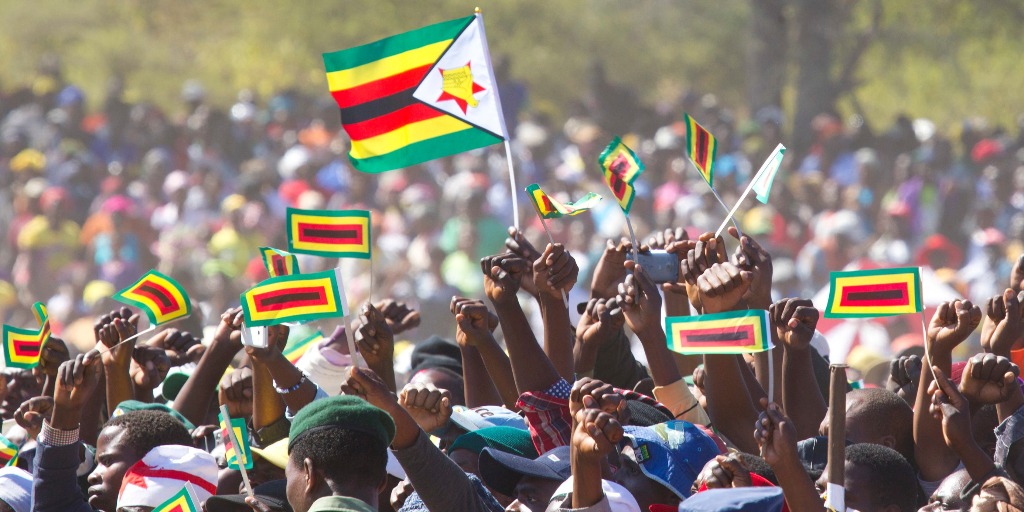 For this last week of 2017, we asked our experts to look ahead at key national security issues. CIA veteran and Africa hand Frank Archibald offers some thoughts on where the continent is headed.
For this last week of 2017, we asked our experts to look ahead at key national security issues. CIA veteran and Africa hand Frank Archibald offers some thoughts on where the continent is headed.
Changes in 2017:
It really is a year of big men moving on. In Angola, President José Eduardo Dos Santos ended his 37 years in power, and President Yahya Jammeh left power in the Gambia after 22 years.
In Liberia, it will probably be the first peaceful transition of power from one civilian government to another since the late 1940s. That all speaks well for the growth of democracy and institutions on the continent.
Zimbabwe coup:
We’ll see if President Emmerson Mnangagwa is really going to take up the mantle of being a president for all and be inclusive, or whether or not he’s just going to be another guy at the top of the one-party power structure.
So there are some observers who say he has talked about the economy in his very first days coming back to the office, and that is some good sign, since Zimbabwe’s economy is in shambles. So if he wants to pay attention to the economy while maybe setting himself [up] to actually run and win an election, that would be a very good thing for Zimbabwe.
China’s base in Djibouti:
Certainly, you would want to be concerned about the downstream and longer-term ramifications of a place where the Gulf of Aden is pretty small and pretty narrow [and] it reaches into other key waterways in the world. You’d have to sort of wonder—can it be a base that’s used for good; and if so, that’s fine, but it is also a base [that] could be used for things like signals monitoring, monitoring of our naval activities, or as a choke point, or as another place for an attack against America. If the U.S and China got into a shooting war concerning the Nine-Dash Line in Southeast Asia, for example, we’re suddenly going to have to worry about missiles being uncorked out of the base in Djibouti. You certainly have to be on guard about any foreign military base, potentially I think, from the intelligence-collection perspective.
Archibald also offers his advice to U.S. policymakers for future involvement in Africa.
The rule of law is always the key to progress, so to the degree that we can intensify those programs where we help people develop the rule of law, I think that’s always money very well spent.
Helping people become effective civil servants, and reducing corruption: You’re not going to eliminate it anywhere in the world, and Africa suffers from it very badly.
Our National Security Strategy talks about trade opportunities in Africa, and I think it is a useful thing to do to look for opportunities that can mutually benefit both America and our African partners and friends. We’re also going to need to continue our humanitarian work, and to its credit, the NSS that has just been published acknowledges that.
We’ve got to enable local security forces at a pace they can absorb it. To build those forces, you really have to have an appropriate sense of pace—and the pace you’re going to have in Africa is not the pace you’re going to have in NATO. It’s an African pace, and you just need to understand it.
We need to get the pace right on American direct action: Not too much, not too little. Otherwise, local forces become overly dependent on you, or on the other side, you haven’t done enough to really reduce to threat to where it’s manageable by local forces. And of course, the kinetic piece of it is really the last part of a long chain of intelligence development [and] host-country force development, making them responsible for their own security.
For podcast host Brian Garrett-Glaser’s full discussion with Frank Archibald, please check out The Cipher Brief Daily Podcast – either on iTunes, or here on our website (updated each morning).
To read more from Cipher Brief experts on trouble ahead for Africa, click here to read about the so-called Islamic State’s moves into the Sahel.
No comments:
Post a Comment